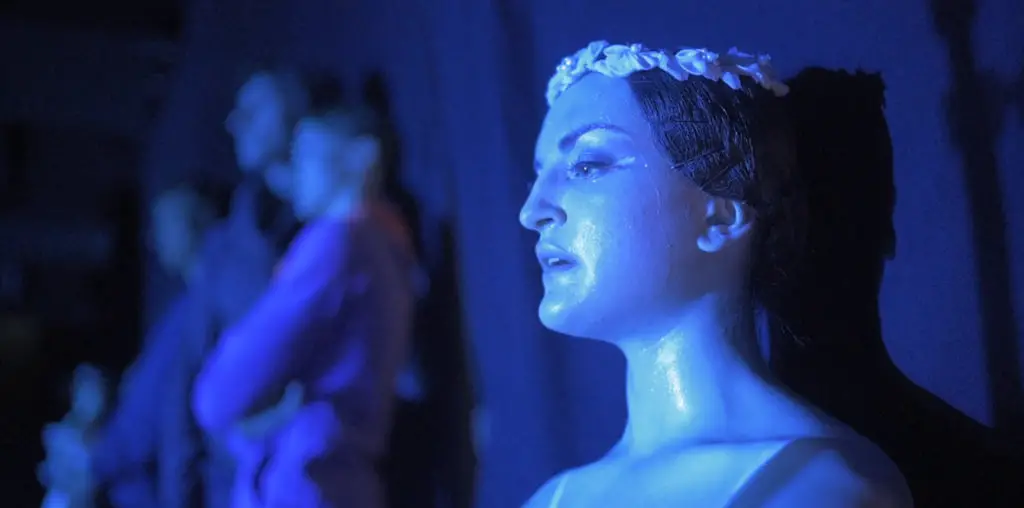
As a rule, French cinema is among the most dangerous in the world. Notoriously avant garde fare, it is often steeped in a “unique” sense of art that proves frustrating for many, especially American audiences. And as a result, outside of America’s more refined — that is, academic — film crowds, French cinema is regarded as an effete plague. A puzzle box of bad romance, vague images, and squeezeboxes droning in Parisian cafes to be discarded like last week’s baguettes.
That said, French director Serge Le Peron’s “The Marcorelle Affair” is a skilled but, yes, quirky and problematic film set around a hapless French prosecutor named Francois Marcorelle (Jean-Pierre Leaud) whose humdrum middle-age family life is upset by a mysterious Polish girl named Agneska, played by the alluring Irene Jacob.
This odd couple is the heart of this story, that’s clear enough. Yet what follows is definitely unclear. Namely, a curious incident where Francois believes he may have killed Agneska’s drunken father in a struggle, after which she suddenly vanishes, presumably back to Poland, before reappearing to Francois in a darkened cinema he haunts. Later on, add a dash of organized crime, Francois’ latent guilt, and a pesky young laywer seeking dirt about his affair and Agneska’s past, and the plot points stack higher and higher.
Verily, Le Peron casts Francois as a comic victim of fate — molded after Hitchcock’s classic ordinary guy in extraordinary circumstances — and Agneska his alluring femme fatale. “The Marcorelle Affair” begins strongly enough under this device, driven by fine lead performances by Leaud (“400 Blows”) and Mamselle Jacob (“Red”). Le Peron’s is also a strong film on a technical level, with good sound and editing. But unfortunately, staged around Francois’ rambling romance, “Affair’s” script begins a fatal course of double-backs and vague plot twists that spin out of control. The characters and situations soon fumble over themselves to the point where, when “The Marcorelle Affair” finally rests, we’re unsure just what the hell has happened. Not to mention why.
In any other, clearer context, one could argue the above is Le Peron’s play at comic intrigue. It’s French, after all. Why don’t I lighten up and smell the culture? And truly, enough people laughed during my screening of “Affair” to perhaps confirm this theory. However, and it could have been the Sudafed talking, I never cracked a grin once. And left the theatre feeling little but exasperated for trying to follow this convoluted plot.
All in all, despite its skilled players and little charms, “The Marcorelle Affair” at last stumbles too badly under its misguided grasp on storytelling to be called wholly entertaining. Much less a coherent film.
